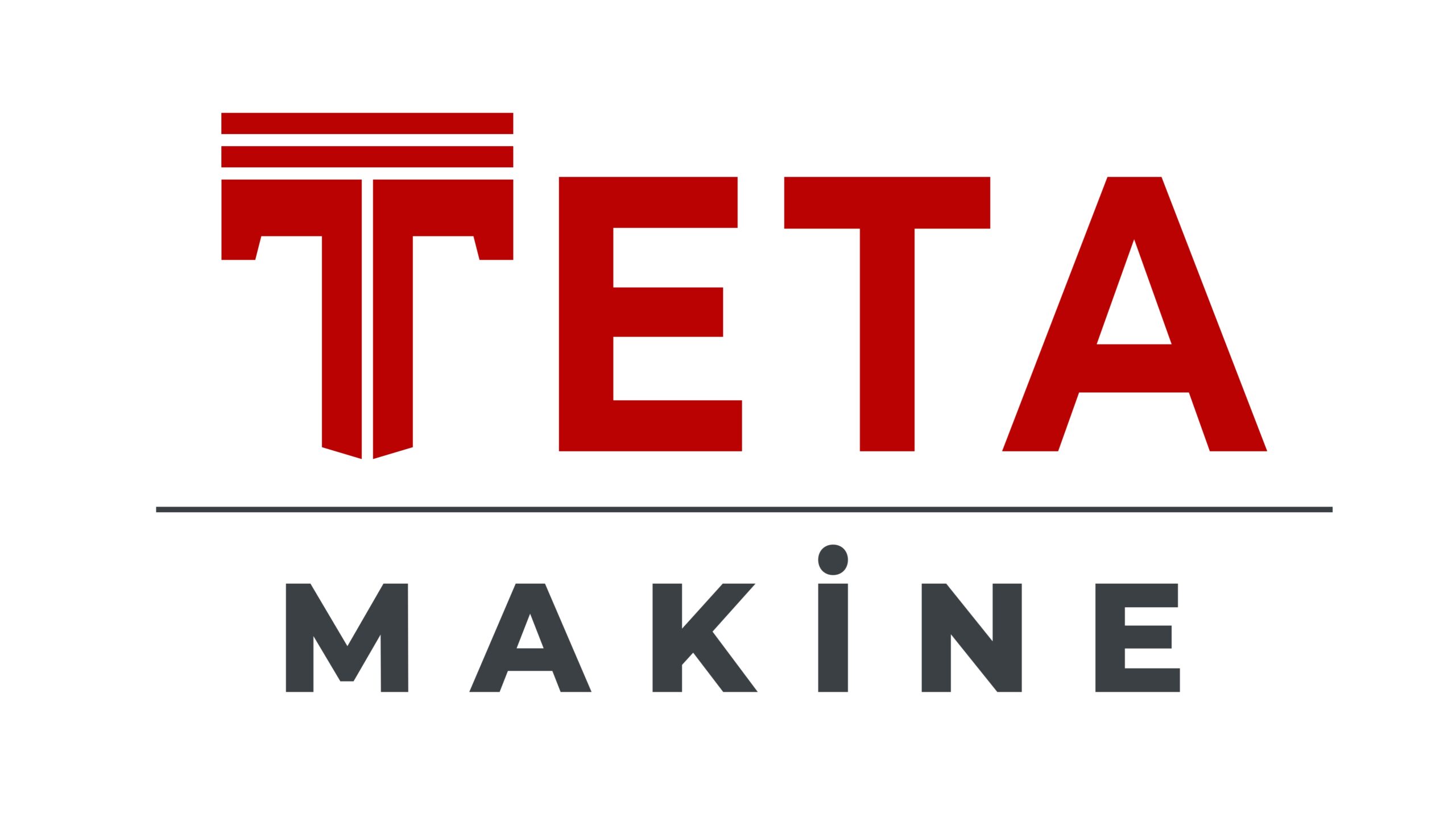By following established templates, organizations can maintain consistency and clarity in their reporting. Collaboration with accounting professionals who specialize in nonprofit organizations can also be a significant asset. Engaging a CPA with experience in nonprofit accounting can provide tailored guidance on compliance issues, tax filings, and financial audits. This partnership can help organizations navigate the complexities of nonprofit accounting with greater confidence and clarity. Navigating state and local regulations is crucial for nonprofits to maintain compliance and uphold their tax-exempt status. Each state has its own set of rules governing nonprofit operations, including registration, reporting, and fundraising activities.
- To avoid penalties or legal issues, these reports should be submitted accurately and on time.
- These programs come with features specifically designed for nonprofits, such as tracking donations and grants, budgeting, and creating reports for stakeholders.
- Subtract total expenses from total revenue to calculate your net operating income.
- For instance, quarterly reviews of financial statements provide opportunities to assess trends and make strategic adjustments.
- At Jitasa, our mission is to improve the effectiveness and efficiency of nonprofits.
Recording Financial Transactions Promptly and Accurately
Board finance committees should also review financial reports at least quarterly to maintain proper oversight. One of the most nuanced challenges in nonprofit accounting is the art of cost allocation. Determining how to distribute these expenses equally becomes a complex puzzle when multiple programs share staff, space, and resources. Managing finances through a proper nonprofit accounting system means dealing with different types of funds. One of the most commonly used dedicated accounting solutions for nonprofits is the Intuit QuickBooks suite. Luckily, the Jitasa team members are QuickBooks experts and have helped many organizations configure this platform to meet nonprofit needs rather than business needs as it was originally designed.
Working With a Nonprofit Accountant
The fund balance refers to the net worth of a nonprofit organization, resulting from the accumulated surplus or deficit of revenues over expenses. Maintaining a healthy fund balance is vital for continuity and sustainability. Tracking these stocks can be complex, as they often come with conditions about how accounting services for nonprofit organizations they must be used.
Additional Nonprofit Accounting Best Practices
Strong internal controls are essential for maintaining financial integrity and protecting your nonprofit’s assets. They help prevent fraud, ensure compliance, and build trust with donors and regulators. Different funding sources come with different nonprofit accounting requirements. Understanding these variations helps nonprofits set up appropriate tracking systems and maintain compliance with each donor type’s expectations. While for-profit organizations track bottom-line earnings, nonprofit accounting focuses on demonstrating good stewardship of financial resources.
Principles and Standards in Nonprofit Accounting
- An annual budget plan represents a roadmap for nonprofits and ensures the organization is on the right track.
- Regularly reconciling your bank accounts, credit card statements, and other financial records is essential.
- When you outsource your bookkeeping you not only save time, but get accurate financial insights so you can make informed decisions for your business.
- For example, bookkeeping ensures your nonprofit uses its revenue wisely and maintains its tax-exempt status.
- You must earn sufficient money to cover costs such as employee compensation, unforeseen expenses, electricity bills, and rent, among other things.
In contrast, nonprofit accounting is geared toward stewardship and achieving societal goals. Fund accounting, commonly used by nonprofits, separates resources into different “funds” based on restrictions and purposes. This differs from regular accounting, which tracks your expenses and income.
Best (Overall) for Donor Management
Good bookkeeping is key for nonprofits to stay financially stable and meet legal standards. By following the best accounting practices, your financial records will be accurate and clear. To rank the best accounting software for nonprofits, we first considered whether the software offered nonprofit-specific features, like donation tracking and Form 990 generation. We also considered price, ease of use, data security, types of plans, and customer reviews. However, Wave doesn’t offer fund accounting or any other nonprofit-specific features, so we hesitate to recommend it to nonprofit bookkeepers and treasurers. NetSuite, which was purchased by Oracle a few years ago, offers a wide range of accounting, CRM, and ERP (enterprise resource planning) solutions for dozens of industries—including nonprofits.
The Difference Between Nonprofit Bookkeeping and Accounting
Avoiding these pitfalls lays out a smoother https://namesbluff.com/everything-you-should-know-about-accounting-services-for-nonprofit-organizations/ journey toward financial transparency. As a small business owner, you must know how to go about opening your bank account and managing your finances through business banking. Small mistakes can turn into big problems without proper internal controls.
